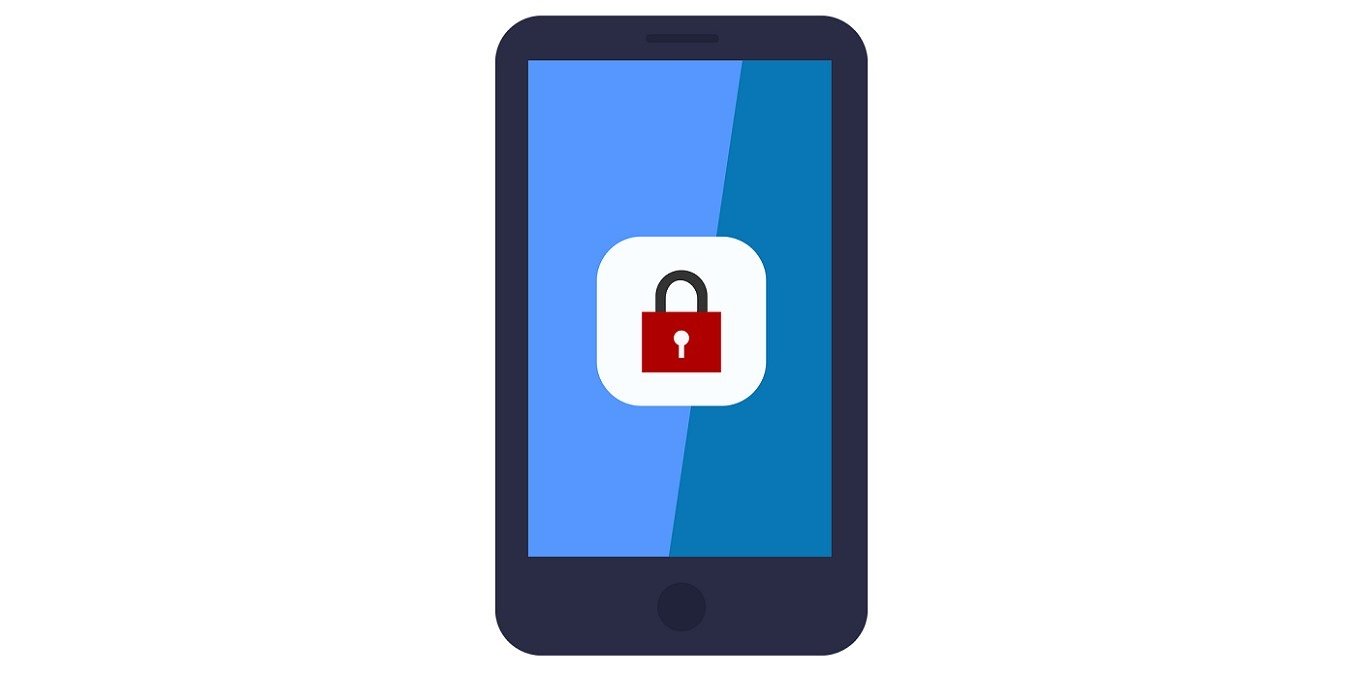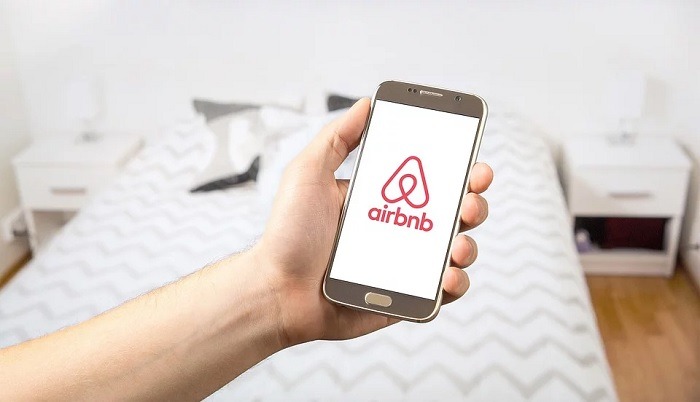
Home automation products aren’t just appealing to those who are gadget obsessed – they make our lives better. Take smart locks, for example. Automatic. phone-controlled locks simplify the lives of many different people. Here are five categories of people who really should consider installing smart locks on their properties.
1. People with mobility issues
Smart locks have several advantages for people with mobility difficulties. If you enter your house with a wheelchair or a mobility scooter, it can be difficult to get close enough to the door in order to get the key into the lock. Smart locks can be operated from a smartphone, so if you can reach your phone, you can unlock the door.
If you worry about being stuck, falling on the floor and being unable to get up to open the door, there is a potential problem with smart locks if you fall and are not in reach of your phone. However, a big advantage of smart locks is that you don’t have to walk all the way over to the front door in order to allow access.
If you have regular callers, such as home help such as a house-cleaner or a nurse, you can give the door lock code to those visitors to use through the smart lock app on their own phones. Then they can get in to help you without you having to unlock the door. The danger of giving out a key to someone is that should a helper prove untrustworthy, there is no way of being certain that they didn’t make a copy of the key to enable unauthorized access even after returning the key you supplied.
But with smart locks, you have an advantage because you can revoke access by changing the unlock code at any time. Sometimes you can even supply different codes to different people so that you don’t have to change it for everyone if you revoke access to one person.
2. Families with teenagers
Kids lose keys all the time. Kids are very capable of losing anything, even their mobile phones. There are many situations under which a dropped or stolen key can be traced to the address. A phone, too, can easily lead a thief to your door. However, the ability to revoke access rights to specific phones means that a lost phone presents less of a security risk for your property than a lost key would.

Smart lock apps include a log of access events. This comes in handy if you work and are unable to be home when school ends. You can check exactly what time your children arrived home to ensure that they followed your orders. Access logs will also let you know if your kids snuck out at night without your permission.
3. Home sellers
If you are selling your property, smart locks give you flexibility and control over who you allow to enter your home and at what times. Traditionally, selling agents prefer to show the property when the owner is not there. This requires the agency to hold keys. Although the agency might take great measures to restrict access to those keys, you have more security if you don’t hand over any keys.
Allowing access through a smart lock enables agents to enter the property in your absence without the need for keys. You can rescind the access for the codes you gave to the agent to ensure that no one can get into the house while you are at home and asleep at night. Once the property has been sold, you just need to hand over the controlling account for the locks to the buyer. That removes the need for the buyer to change all of the locks on the property.
The access logs of smart lock accounts will also enable you to verify that an agent has actually been to the property on the schedule that he claims. This is necessary because some agents will try to convince you that they are working to actively market the property by claiming they have shown the property more times than they actually have.
4. House-share landlords
Homes of multiple occupancy (HMOs) are in high demand in many cities. However, the competition for renters is intense, and landlords that insist on references often miss out on filling their properties. However, the downside of that laissez-faire system is that you can’t be sure of the quality of your tenants.
HMOs have faster turnovers than rental apartments, and that means many shady characters have the opportunity to copy the keys to the property and to individual rooms before handing the keys back and moving out. That’s a big security risk. The ability to change access codes without having to make any physical changes to the locks is a big advantage that smart locks provide.
5. Tourism entrepreneurs
Whether you rent out your spare room, rent out vacation properties, or run a hotel, you are going to have a high turnover of occupants in your properties, and the prospect of having to deal with keys will present a problem.

Air B&B renters use lockboxes to store door keys. The renter is given the code to unlock the box and access the keys to get into the rental apartment. On leaving, vacationers are expected to leave the keys inside the unit or put them back in the lockbox. They don’t always leave the keys behind, which can mean having to change the lock. Hotel owners have the option of issuing magnetic cards for room access. However, those cards are not free, and they require a competent receptionist to manage the card initialization process.
Smart locks are ideal for all configurations of vacation accommodation. A smart lock on the property as a whole as well as smart locks on individual rooms and apartments, present an easy way to enable access to each renter without having to distribute any type of key. Access codes are easy to change once the vacationer leaves.








